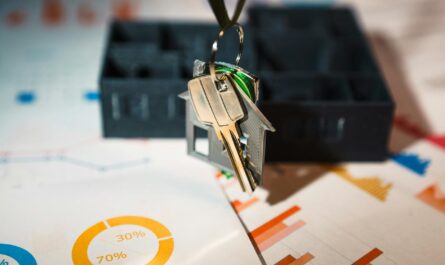Saving money doesn’t have to be about extreme deprivation. Small, consistent changes in your daily habits can lead to significant savings over time. This post explores simple yet effective money-saving hacks that can easily be integrated into your everyday life.
Track Your Spending
Before you can effectively save, you need to understand where your money is going. Start by tracking your expenses for a month using a budgeting app like Mint or a simple spreadsheet. Categorize your spending (groceries, entertainment, transportation, etc.) to identify areas where you can cut back. This simple step provides clarity and highlights areas for improvement. 
Embrace the Power of Meal Planning
Eating out frequently can quickly drain your bank account. Meal planning is a fantastic way to save money and reduce food waste. Plan your meals for the week, create a shopping list based on those meals, and stick to it. This prevents impulse purchases at the grocery store and minimizes leftovers. Learn more about effective meal prepping strategies to make this even easier. 
Reduce Your Utility Bills
Utility bills can be surprisingly high. Small changes can make a big difference. Turn off lights when you leave a room, unplug electronics not in use, and adjust your thermostat a few degrees. Consider switching to energy-efficient appliances when replacing old ones. You can also explore options for reducing your water consumption. These small actions accumulate into significant savings over time. Check out this energy-saving guide for more tips.
Shop Smart and Compare Prices
Before making any purchase, especially larger ones, take the time to compare prices from different retailers. Use price comparison websites like Google Shopping to find the best deals. Utilize coupons, loyalty programs, and sales to maximize your savings. Don’t be afraid to negotiate prices, especially for larger purchases like furniture or electronics. Learn more about negotiating to get the best deals.
Cut Down on Subscriptions and Entertainment
Many people have numerous monthly subscriptions they barely use. Review your subscriptions (streaming services, gym memberships, etc.) and cancel any you don’t regularly use or find valuable. Consider sharing subscriptions with friends or family to further reduce costs. Explore free or low-cost entertainment options like visiting parks, libraries, or free community events. [IMAGE_3_HERE]
Conclusion
Saving money is a journey, not a destination. By consistently implementing these small changes, you’ll be surprised at how quickly your savings grow. Remember that every little bit helps, and even small savings add up over time. Start small, build momentum, and celebrate your successes along the way!
Frequently Asked Questions
What’s the best way to track my spending? There are many budgeting apps available, or you can use a simple spreadsheet to track your expenses and categorize them. The key is to find a system that works for you and stick with it.
How can I save money on groceries? Meal planning and creating a shopping list are essential. Stick to your list, compare prices, use coupons, and look for sales.
What are some quick ways to reduce utility bills? Turn off lights when you leave a room, unplug electronics when not in use, and adjust your thermostat. These small actions make a big difference.
How can I find better deals on purchases? Compare prices from different retailers using price comparison websites, look for sales and coupons, and don’t be afraid to negotiate.
What are some alternatives to expensive entertainment options? Explore free or low-cost activities like visiting parks, libraries, or attending free community events.



